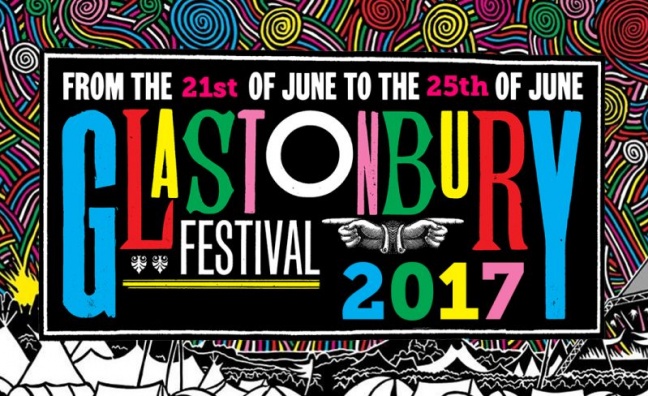Without wishing to get too ‘I remember when it was all fields around here’ about something that still is actually a field, Glastonbury has changed an awful lot since I first attended.
For a start, I bought a ticket on the gate on my way in – and at a price that, today, might just about buy you an ostrich burger and a pint of scrumpy on site.
But the biggest change has been the role played by the music. Previously, great artists may have played, but the memorableness of the weekend was often in inverse proportion to the number of acts you saw.
Somewhere along the line, Glastonbury became the Super Bowl of festivals, an incredible promotional opportunity for superstar acts that comes equipped with a primetime UK TV slot and a guaranteed global audience online.
That changed the game, although Emily Eavis insists it’s what happens in the field that really matters. She’s right too.
The right gig at the right time at Glastonbury can cement a band in the public’s affections in a way that lasts much longer than the time it takes for Saturday night TV viewers to call up Spotify.
And that’s why this year’s acts should worry less about the TV and more about making their performances memorable for the crowd in front of them.
And why festival-goers should forego the main stages and seek out newer acts in more far-flung arenas where even the BBC’s incredible coverage cannot reach.
Because, with a fallow year next year and the Variety Bazaar on the horizon, even Glastonbury’s field of dreams might one day, as the Manics’ Nicky Wire once infamously predicted, be concreted over.











